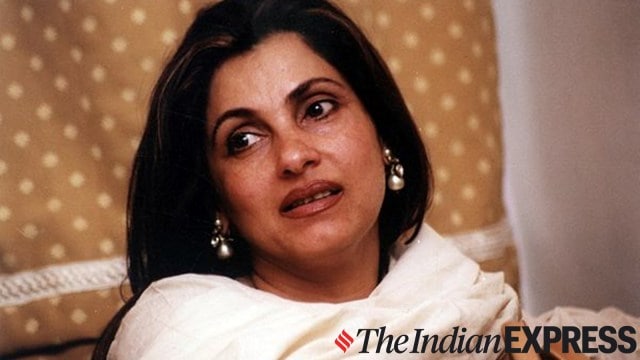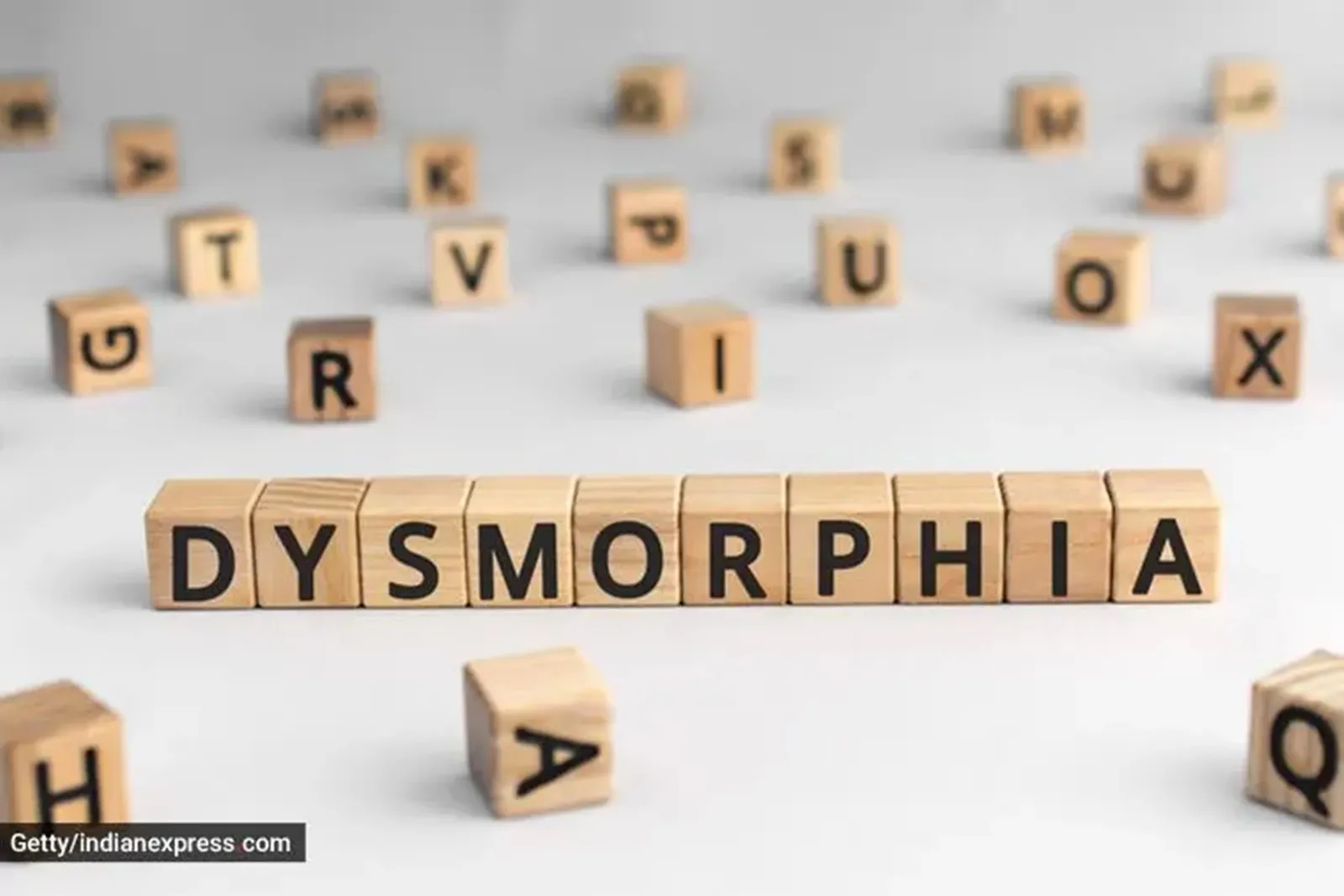📣 For more lifestyle news, click here to join our WhatsApp Channel and also follow us on Instagram
‘She’d come out of her room looking like a dream and ask her dog if she looked fine’: Sandeep Khosla on Dimple Kapadia’s self-consciousness
Unconditional self-acceptance can help women manage the intense feelings of shame and perfectionism often seen in body dysmorphia, reducing their reliance on external validation.
 The cover story of Vogue India had a brief mention of designer Sandeep Khosla commenting on Kapadia's unexpected self-consciousness. (Source: Express Archives)
The cover story of Vogue India had a brief mention of designer Sandeep Khosla commenting on Kapadia's unexpected self-consciousness. (Source: Express Archives)Dimple Kapadia is a force to reckon with, both on and off-screen. A paragon of beauty and a talented actor, Kapadia recently graced the print cover of Vogue India. The cover story had a brief mention of designer Sandeep Khosla commenting on Kapadia’s unexpected self-consciousness. “It is surprising that a woman as beautiful as Dimple is self-conscious about her appearance. She’d come out of her room looking like a dream and ask her pet dog if she looked fine,” Khosla told the magazine.
View this post on Instagram
Where does such behaviour stem from? How can women find comfort with their bodies?
Low self-esteem, poor parenting, and childhood experiences contribute to body image issues, Ashutosh Tiwari, Psychologist at Mindglass Wellbeing, Delhi explained. Lonely and solitary people who were brought up by strict parents who only acknowledged excellent behaviors often feel inferior about themselves as adults if they lack successes or self-acceptance.
“After hearing criticism from family and friends about their dress and body forms, some may stop asking for their input on new clothes and hairstyles. Instead, kids may ask their dogs how they look. This method is fine if they don’t feel uncomfortable with those who wear whatever they want. But people with poor self-esteem and self-doubt take others’ criticism of their looks seriously and may grow to dislike their body,” he said.
Body dysmorphia is a condition where individuals develop a distorted perception of their own body. Counseling psychologist Priyamvada Tendulkar said that people experiencing this condition often view their bodies as embarrassing or shameful. They become overly self-conscious, convinced that others see them in the same negative light, which can lead to feelings of inferiority. According to Tendulkar, body dysmorphia often stems from early experiences of feeling inadequate or only conditionally accepted by parents or authority figures. When individuals are led to believe that appearance is paramount and any deviation from conventional beauty standards renders them inadequate, it can contribute to the development of body dysmorphia.
 Body dysmorphia is a condition where one develops a skewed way of looking at their body. (Photo: Getty/Thinkstock)
Body dysmorphia is a condition where one develops a skewed way of looking at their body. (Photo: Getty/Thinkstock)
Tendulkar shared that to some degree, we all need and want external validation. It is normal that we want to be liked. But it becomes a problem when we would go to any lengths to get external validation and when this external validation or lack thereof becomes the mood-setter of the day or week, these feelings can deepen as individuals internalize societal ideals of beauty, creating a persistent need for reassurance about their appearance.
She pointed out that women, in particular, may develop a habit of seeking external validation from loved ones or even pets, who represent a non-judgmental, comforting source of approval.
What can women do in such conditions?
“Building a supportive and non-judgmental relationship with oneself is essential for cultivating self-worth that is not dependent on appearance or perfection. Unconditional self-acceptance can help women manage the intense feelings of shame and perfectionism often seen in body dysmorphia, reducing their reliance on external validation,” said Tendulkar.
She emphasised the importance of distinguishing between approval and acceptance, noting that while others may approve of your actions, only those who accept you for who you are should be in your inner circle. She advised nurturing relationships grounded in genuine acceptance rather than approval based on status or achievements. This way, you feel valued for who you are—not merely as an accomplishment or a means to an end.
📣 For more lifestyle news, click here to join our WhatsApp Channel and also follow us on Instagram



- 01
- 02
- 03
- 04
- 05
























